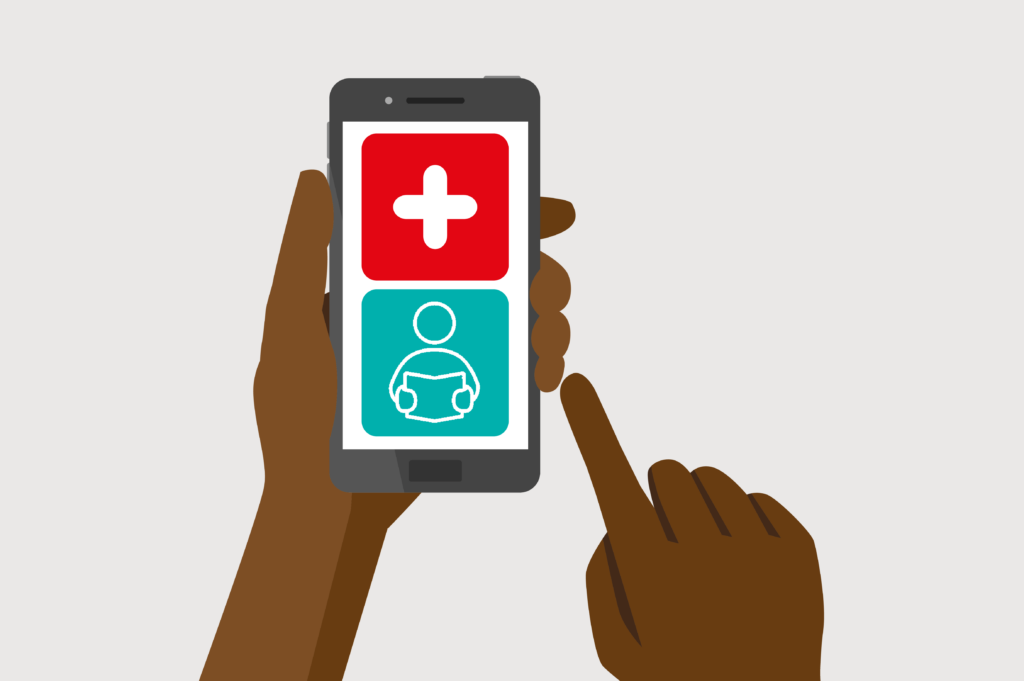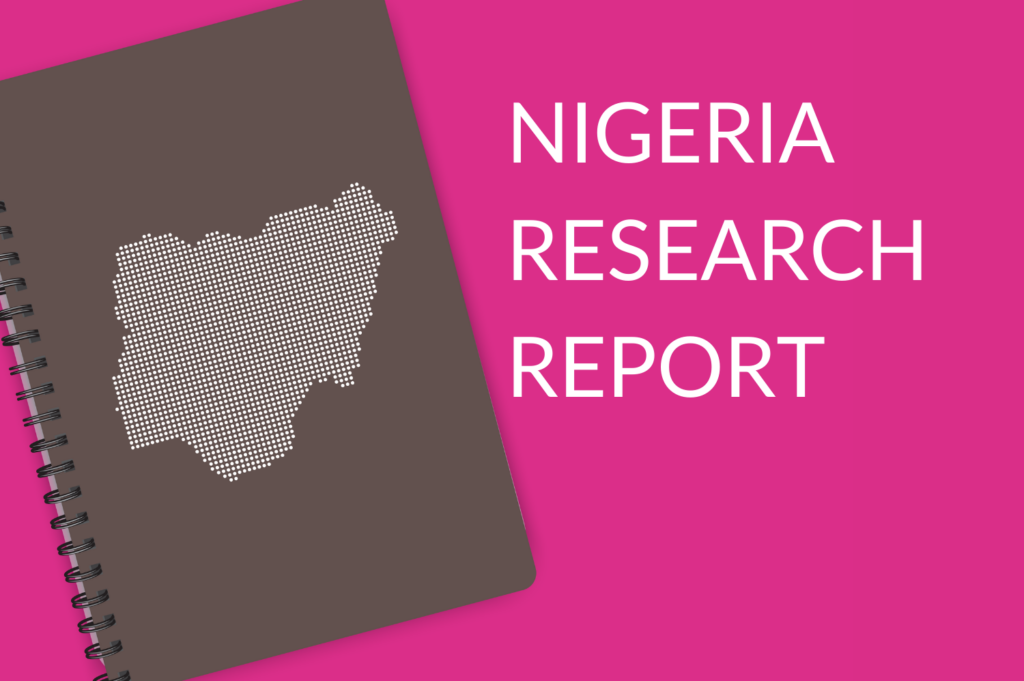Zimbabwe research report
This research report (58 pages) presents new data on the access to health services for people with disabilities (PWDs) in Mutasa, Mutare Urban and Mutare Rural Districts in Manicaland Province, Zimbabwe. This was a mixed-methods research based on a survey, interviews and group discussions.
In this research paper, you will learn that:
- PWDs suffer from high poverty levels – 74.1 percent in poverty compared to 69.5 for those not disabled.
- They also suffer from discrimination and find it hard to be employed.
- Cultural challenges equally hinder PWDs as local people associate disability with family misfortunes or as a result of something that happened in the family.
- Public institutions are the main source of health services for PWDs. Nearly one in three PWDs said they would have no secondary source of health service if the public one failed.
- Health user fees are present in both public and private services.
- 88 percent of PWDs surveyed were not covered by any private medical aid scheme.
- Nearly 85 percent said that they cannot afford health care costs.
- Hospital fees in Mutare Urban range from USD$5.00 for consultations to USD$20.00 for a scan and USD$30.00 for an Xray.
- Medication is expensive while the Ministry’s social protection scheme AMTO is only accepted in government hospitals and pharmacies
- Women with disabilities in Mutasa and Mutare Urban were told that only people with mental illness are exempt from hospitals fees.
- There is a lack of disability-friendly facilities. Those with walking impairments lack wheelchairs, hence vanogwesha (they crawl),and find it hard to practice hygiene when they access toilets used by non-disabled persons.
- Often PWDs are treated as if they are not supposed to be sexually active.
- The lack of sign language interpreters creates a communication breakdown, and PWDs, mostly women, experience harassment from health care workers as a result.
- Most PWDs (61.2 percent) are not members of PWD associations.
- The Ministry of Public Services, Labour and Social Welfare is pushing for 15% of health staff to be PWDs.
- The Ministry does not have current reliable data for planning.
- The Ministry is working with ZIMSTAT (the Government’s statistical department) in coming up with PWD modules for the 2022 national census.
- The Ministry is also partnering with ZIMSTAT to develop a database; and with the Ministry of Health and Child Care to share disaggregated data on children born with disabilities through inter-ministerial arrangements.
- The group of men with disabilities in Mutasa felt they can only engage duty bearers up to the local councillor and/or council clinic superintendent, not beyond. A cause for concern for them is that, although they engage duty bearers at local level, they do not see changes.
- While PWDs do not often participate in health service issues, Mr. Mukahanana, who is visually impaired, was recently elected as Councillor in the Jenya area, under Chief Mutasa in Mutasa District.
- The recent National Disability Policy (June 2021) is a renewed opportunity to change the challenges of the current situation.
The review has been written by Poverty Reduction Forum Trust (PRFT), reviewed by Mr Wonder Phiri and Dr Kas Sempere, and edited by Dr Kas Sempere.
A research summary can be found here:
Quotes from research participants
“When we come for pre-natal health services nurses gather around us, asking who impregnated us and all sorts of questions”
“One pregnant female with a hearing impairment went for an HIV test and tested positive but, because there was no sign language to offer her counselling, she collapsed upon getting the positive HIV result.”
“Vamwe tinonoka pakutaura manurses haana patients dzekumirira kuti upedze kutaura“, which translated means that “some nurses have no patience and cannot give us enough time to speak because we are slow in speech”.
“Non-participation of PWDs in local service delivery planning kills self-esteem and self-worth. This also results in people looking down upon PWDs, which leads to baby dumping of children born with disabilities as the parents would not have anywhere to go and get help. PWDs will also face abuse as some people take advantage that they have nowhere to take the issues to.”



